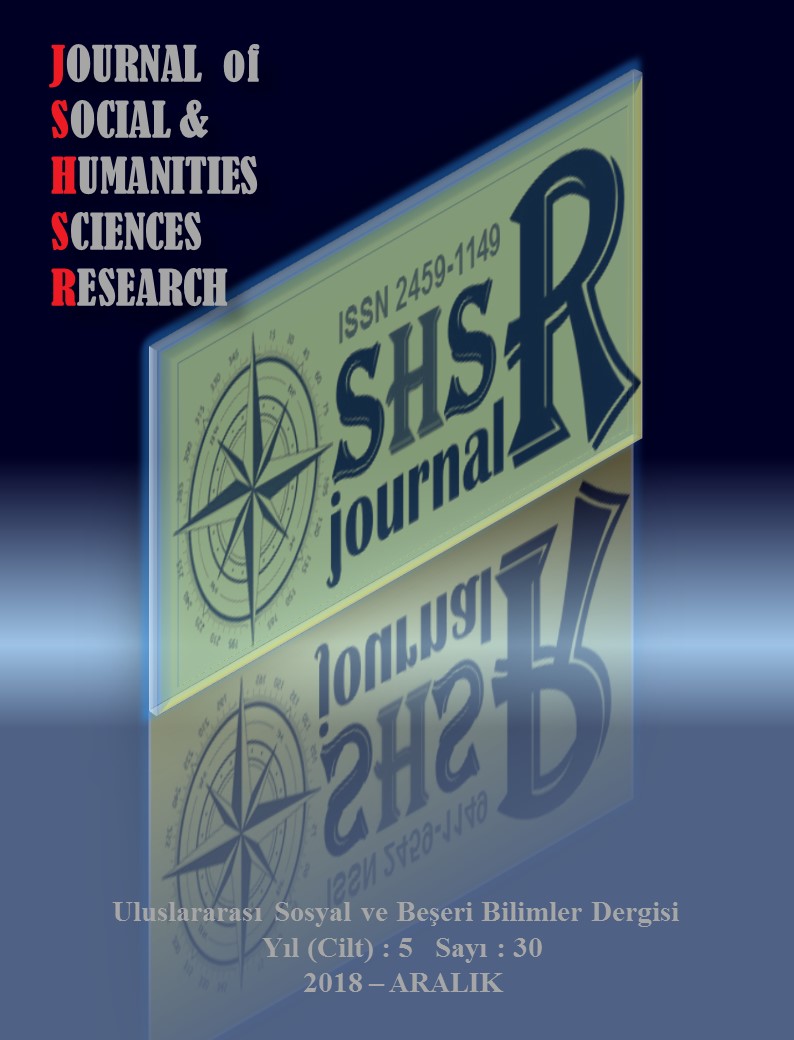THE DILEMMA OF RELIGIOSITY AND HEDONIC CONSUMPTION: DO RELIGIOUS RULES PREVENT HEDONISM-BASED CONSUMPTION?
DOI:
https://doi.org/10.26450/jshsr.906Keywords:
Consumption, Hedonic Consumption, ReligiosityAbstract
Being a consumption society and the strengthening of religion in these societies are two important features of today's societies. The concept of consumption, which is the primary basis of the survival of the capitalist economy, is a phenomenon that has been imposed to all humanity and embraced by the entire business world from production to marketing, from management to advertising. And, the phenomenon of religion, which is one of the fundamental elements of societies, has recently increased its effectiveness both socially and economically. In today's societies, the strengthening of religion has suggested that whether there is a connection between religion and consumption codes. In general, this study aims to measure the relationship between religiosity levels and hedonic consumption trends of individuals. The main target audience of the study is the consumers residing in the province of Tokat, Turkey. A face-to-face questionnaire was applied to 383 people, determined by convenience sampling method, and the data obtained were subjected to frequency, independent two samples t-test, one-way ANOVA, factor analysis and regression analysis using the SPSS package program. The study findings reveal a positive relationship between the religiosity levels and hedonic consumption trends.
Downloads
Published
How to Cite
Issue
Section
License
Copyright (c) 2018 INTERNATIONAL JOURNAL OF SOCIAL HUMANITIES SCIENCES RESEARCH

This work is licensed under a Creative Commons Attribution 4.0 International License.


